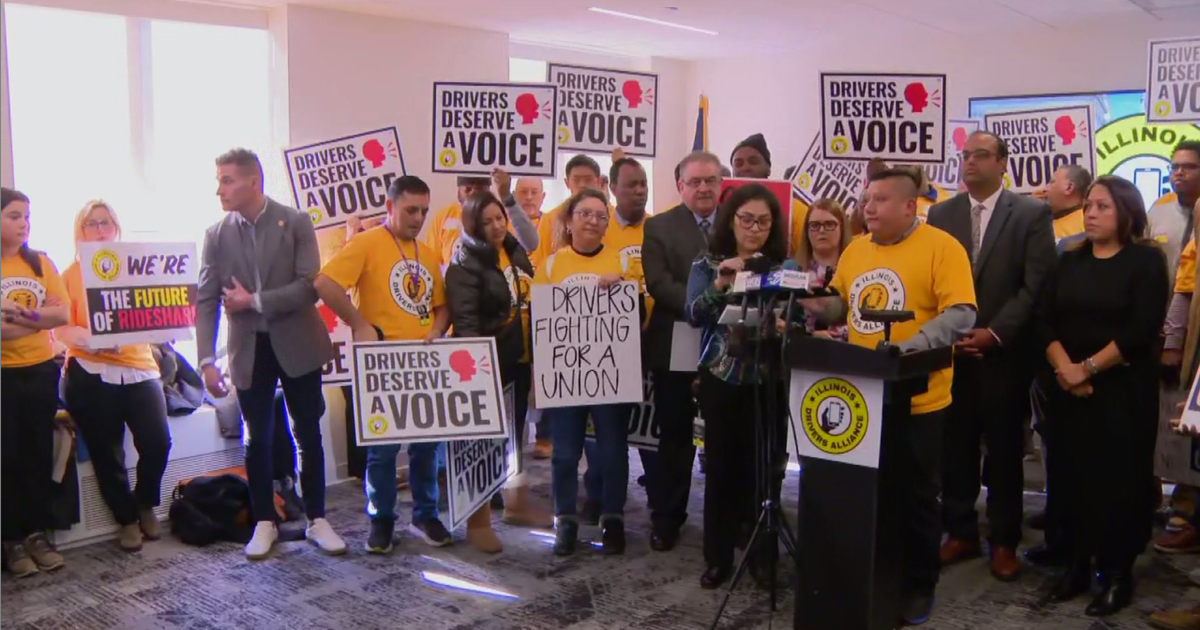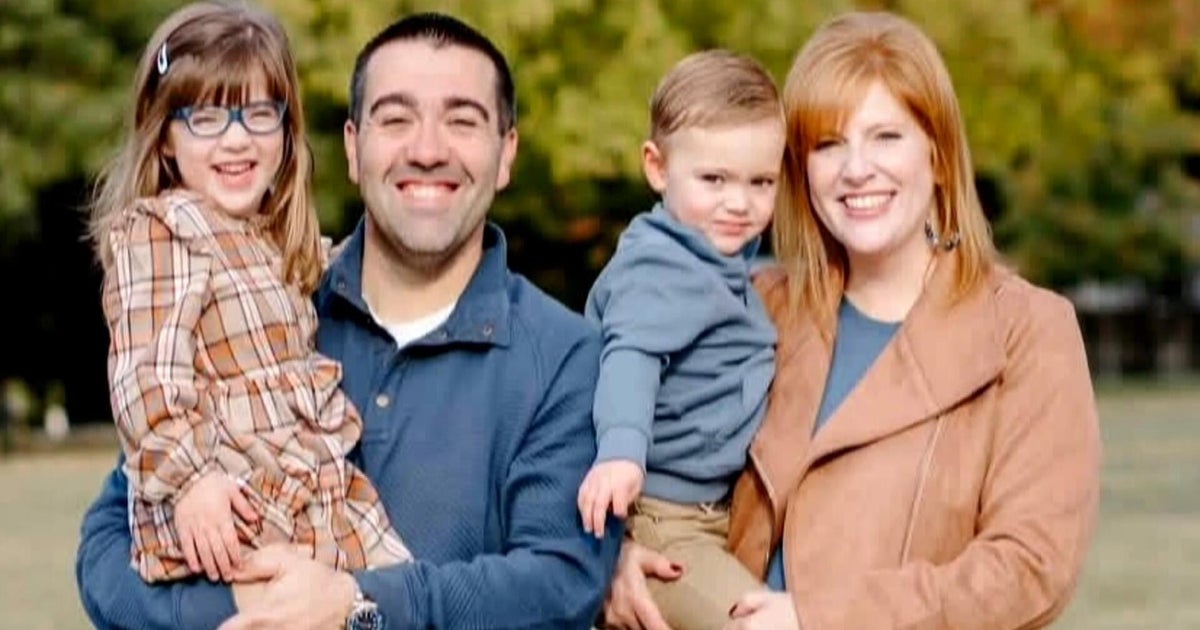California lawmaker helping patients get life saving healthcare
More than 90% of doctors in the United States report that their patients have had care delayed because they have to wait on an insurance company to approve it.
One lawmaker is proposing a bill that would allow doctors with a proven track record of recommending appropriate treatments to skip the insurance prior authorization process.
Sen. Nancy Skinner says the paperwork delay is costly, and the extra step hurts patients to get the timely care they may need.
One single mom and Burbank resident with stage 4 cancer was denied a life-extending surgery during that prior authorization process.
KCAL News reporter Kristine Lazar spoke with Rokhsan Enanoria earlier this summer who wasn't sure how much more of her daughter's teenage life she would get to share with her, after her insurance company denied an operation that could help remove some of the cancer, deeming it not medically necessary.
Lazar met up with Enanoria again last week to learn how her battle was going after she underwent a successful life-extending surgery that stopped the spread of her colorectal cancer.
With Lazar's help, Enanoria was able to get the surgery — for free — from the City of Hope, something the hospital typically reserves for those who don't have insurance.
"Here I am. I have insurance, and they're using it for me," Enanoria said. "So, in my heart, I felt like that's not right. They shouldn't be able to get away with stuff like this. ... Our insurance companies are more commonly saying no to what our doctors and health practitioners are saying we need."
People like Enanoria are exactly why Sen. Skinner has introduced her bill.
"Patients are not getting the treatments they need," Skinner said. "It's delaying their healthcare, and it can be very serious for the patient. So we need to have our doctors be the ones who determine what's best for our patients."
Skinner introduced SB 598 in early 2022, hoping that the bill would allow doctors with a proven track record — at least 90% of the time — recommending appropriate treatments for patients in order to skip the lengthy prior authorization process.
"What we've seen is that most doctors reach that threshold," Skinner said. "The waste of time that the doctor has to go through and their office, all the paperwork, all the delay. Not only is the delay costly, it hurts our patients."
Pacoima resident Ocean McIntyre is one of those patients. She was left with permanent eye damage in 2007, when her health insurance denied immediate treatment. Since, she has had to change careers, cannot drive and struggles to take care of some of her daughter's most basic needs.
"I had lost more than 90% of my vision," McIntyre said. "I couldn't distinguish colors anymore. I needed help getting around for everything."
She was among the people who testified their support for SB 958 in Sacramento.
"The things that I loved were gone," she said. "A lot of those things."
Dr. Eric Ball, an Orange County-based pediatrician says that every day, he loses several hours he could spend with patients on paperwork required for prior authorizations.
"Prior authorizations, in my opinion, are a scheme that insurance companies use to make more profits by delaying care and by standing between me and my patients and what they need to get them healthy," Ball said.
On the other hand, insurance companies maintain that the process is critical to prevent fraud and waste of valuable resources. The California Association of Health Plans contends that "SB 598 gives specified providers a blank check to perform and/or prescribe medically unnecessary procedures and medications."
"Many health plans and insurers are implementing their own enhanced prior authorization programs to ease the burden on providers and enrollees," said Steffanie Watkins, with the Association of California Life and Health Insurance Companies. "Unfortunately, the one-size-fits-all mandate that is outline in SB 598 will disrupt those efforts."
As it stands, the bill was passed by senate and is currently in the House of Representatives.
Skinner says she has received support from both Republicans and Democrats on her bill, which will also allow doctors to have their appeals reviewed by other specialists in the same field.
As for Enanoria, she received notice that the Department of Managed Health Care, which regulates insurance companies, had overturned the decision denying her operation. While it was vindication, she's worried that people like her will give up after their first denial.
"I think that's what I think about the most," she said. "It just depends on how much you want to stay alive. It's self-advocacy at the end of the day."






